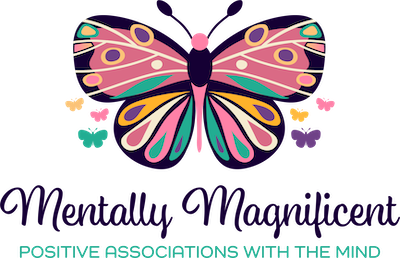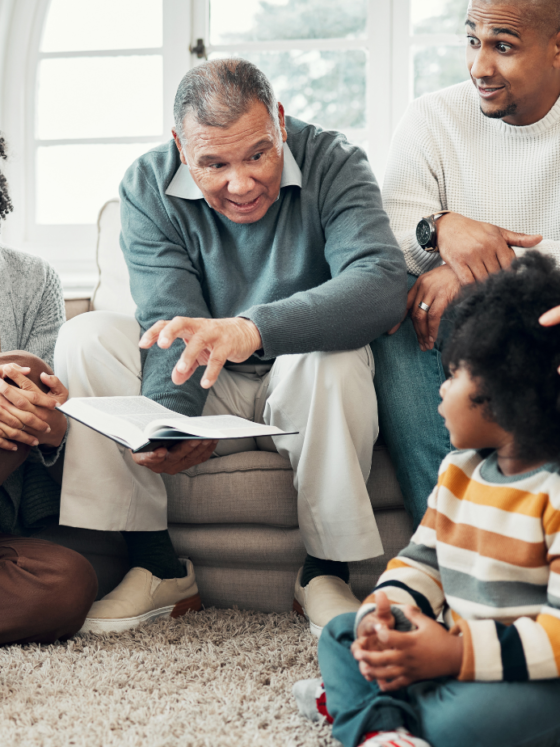Adverse childhood experiences are more common among adults than people may think. These experiences left untreated can reflect in your everyday life, even as a mature adult.
What is an Adverse Childhood Experience?
Adverse childhood experiences are explained as preventable and potentially traumatic events that occur to individuals under the age of 18 years old.
Examples of adverse childhood experiences include, but are not limited to: domestic violence, parental abandonment or neglect, a parent with a mental health condition, a parent being incarcerated, a member of the household suffering from alcoholism or a drug addiction, being the victim of abuse, and other traumatic experiences.
Experiencing these traumatic events at such a young age can disturb and impact a child’s development. These adverse experiences can have various negative physical and mental outcomes, such as depression, drug use, and alcoholism. It can even affect a child’s success in both school and the transition to the real world of adulthood.
Some factors influence the likelihood of these events occurring among specific demographics. Some of these factors that increase the risk of adverse childhood experiences include socioeconomic status, race, gender, and more.
Social and environmental conditions a family or child lives in play a major role in the disparities that exist regarding adverse childhood experiences, despite their commonality among people across the country.
The Centers for Disease Prevention and Control summarized and evaluated data on the fifty states and the District of Columbia using various measures, such as surveys. Using data found specifically in the Behavioral Risk Factor Surveillance, the article estimates that approximately two-thirds of individuals in America reported at least one adverse childhood experience, and one in six individuals reported experiencing four or more adverse childhood experiences.
This same data also proves that experiencing four or more adverse childhood experiences is most common among females, adults with less than a high school education, and those unemployed or unable to work. As common as these experiences are, many individuals are hesitant to identify with having experienced one of these events for many reasons.
Individuals may be unaware that these events are considered traumatic and hard to distinguish as a child when the brain and body are still developing. This lack of awareness is often seen across different cultures and lower socioeconomic statuses, where some members of particular ethnic groups and communities think these experiences are just a way of the world or common trends in specific cultures.
Individuals belonging to different backgrounds may also struggle with realizing, accepting, and coping with events from their childhood due to stigma and embarrassment. Although, some may find it hard to believe that things that happened to you years or even decades ago as a child can still have an effect on your life years later in adulthood, it does and in rather negative aspects if never properly addressed.









